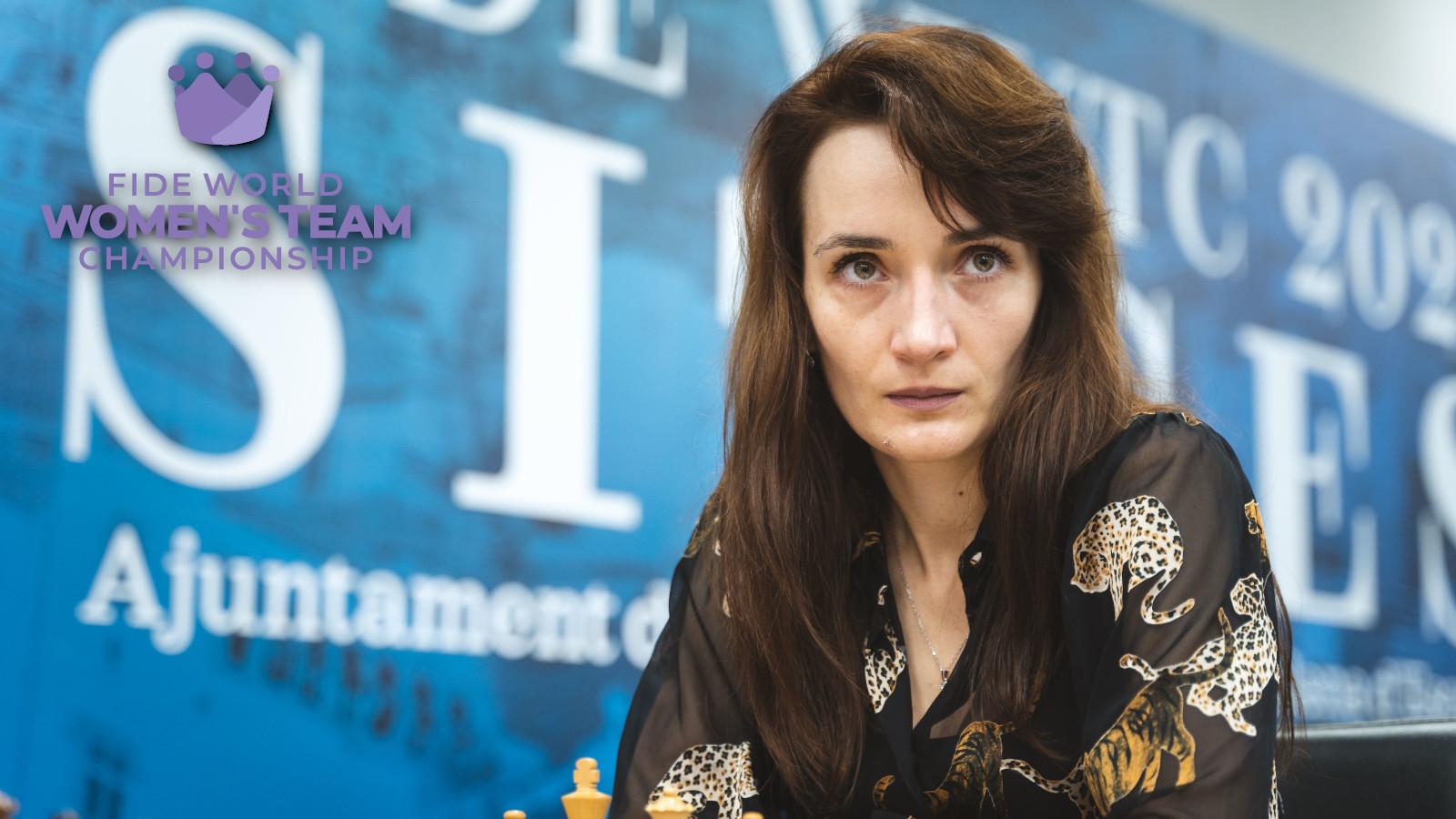It was not yet 8 on the morning of September 23, but Giancarlo Giojelli — the Italian public broadcasting company RAI’s local correspondent — was already taping live reports from the plaza outside the Tel Aviv Family Court.
And he wasn’t alone. Several Israeli TV crews were there too, together with nearly a dozen more Italian journalists. The closed-door hearing — which none of them could enter anyway — was still more than an hour away. But with the fate of six-year-old Eitan Biran about to be discussed, the court was abuzz.
The sole survivor of the May 23 cable-car crash in Mottarone, Italy, which killed 14 people, Eitan is at the center of an international custody battle between relatives living in Italy and Israel.
Eitan, who lost his parents, younger brother and two great-grandparents in the tragedy, is a dual Israeli-Italian citizen. He was born in Israel but moved to Italy as an infant when his father, Amit, enrolled in medical school in Pavia, not far from Milan.
Shortly after the horrific accident, an Italian court placed the child — then fighting for his life in a Turin hospital — under the guardianship of his paternal aunt, Aya Biran-Nirko, who also lives in Italy.
Get The Times of Israel’s Daily Editionby email and never miss our top stories
By signing up, you agree to the terms
But on September 11, his maternal grandfather, Shmuel Peleg, drove Eitan to Switzerland and secretly brought him to Israel aboard a chartered private plane.
Many, especially in Italy, regarded this as a kidnapping, and indeed Biran-Nirko quickly asked a Tel Aviv court to apply the Hague Convention on abducted minors and return Eitan to Italy. The ensuing case involves courts and police investigations in both Italy and Israel.
But alongside its intricate legal aspects, this familial tragedy with its deep emotional underpinnings has captivated public opinion in both countries. And everyone — pundits, lawyers, child psychologists and the general public alike — seems to be asking the same question: What constitutes the child’s “best interest”?
Aya Biran-Nirko, center right, a paternal aunt of Eitan Biran, who survived a cable car crash in Italy that killed his immediate family, arrives at court in Tel Aviv, on Thursday, September 23, 2021, for a hearing in the alleged kidnapping of her nephew. (AP Photo/Sebastian Scheiner)
Heart-wrenching tragedies are, sadly, a dime a dozen, but this one seems to have struck a particularly deep chord. Interestingly, however, its coverage highlights issues at the very heart of Italian and Israeli national interpretations and self-conceptions.
‘Il piccolo Eitan’
All major Italian media outlets have been covering the story for months.
“This incident shocked Italy to its core, and the deep public interest in Eitan’s well-being comes out of a collective awareness of the fact that this child lost everything in our country,” said Alessandra Buzzetti, a Jerusalem-based correspondent for TV2000, a station owned by the Episcopal Conference of Catholic Bishops.
That broad interest followed two paths: the first was incessant reporting on the ins and outs of the criminal investigation into the crash, and the second was an almost nation-wide mothering of “il piccolo Eitan” (little Eitan), as the boy came to be known publicly. “Orphaned Eitan is now everybody’s son,” journalist Maurizio Crosetti wrote in the daily La Repubblica, capturing the Italian public sentiment.
Updates on his medical condition, leading up to his eventual release from the hospital and return home, were front-page news in Italy.
Shmulik Peleg, maternal grandfather of Eitan Biran, who survived a cable car crash in Italy that killed his immediate family, leaves court in Tel Aviv, on Thursday, September 23, 2021, after a hearing on charges of kidnapping his grandson. (AP Photo/Sebastian Scheiner)
Before long, a new angle was added into the mix of this devastating saga — that of a bitter custody battle between relatives on his mother and father’s sides.
In a way, this created a real-life soap opera, and in the Italian court of public opinion, it was clear where sympathies lay. Not only was the Italian-based aunt, Biran-Nirko, able to communicate her position in fluent Italian, but she made a compelling case regarding Eitan’s “natural” surroundings.
After all, she and her husband, Or Nirko, pointed out, the child has lived in Italy his entire life, and was already enrolled in the school his parents had selected prior to their untimely death.
Staying with them in Pavia would, they said, offer the greatest promise of some semblance of stability at a time in which everything else he knows has been upended.
Relocating him to Israel, on the other hand, would introduce yet another traumatic change and negatively impact his road to recovery. This all made sense to the countless Italians anxiously following the case.
What made Italians embrace the aunt and uncle’s appeal even more, according to Gabriel Eschenazi, an author and freelance journalist from Milan, was their non-accusatory tone. “They never showed any anti-Italian sentiment,” he said, “nor did they blame the Italian authorities for the accident or criticize the manner in which the investigation was being led. They simply seemed like a grieving family that feels part of, and rooted in, the Italian society in which they chose to live.”
Moreover, Eschenazi added, many Italians feel a sense of responsibility for Eitan’s future well-being. “It was us, all of us as a country, who caused this tragedy,” he said in a phone interview. “Granting Eitan the best chance to live a good life may also be a way for us to redeem ourselves.”
Aya Biran-Nirko, a paternal aunt of Eitan Biran who was the sole survivor of a deadly cable car crash in Italy, leaves the court in Tel Aviv, on September 23, 2021. (Jack Guez/AFP)
So when maternal grandfather Peleg took Eitan to Israel, coverage and public outrage spiked. Daily updates on the case filled the pages of Italy’s dailies, opened nightly newscasts and were debated on popular talk shows.
“This is a developing story with a child as the main character, and — as far as Italians are concerned — a polarizing good guy/bad guy dynamic,” said Giojelli, the RAI correspondent.
Many Italians believe that the grandfather’s unilateral actions constitute a violation of the Italian court’s decision to grant custody to the aunt, he explained, and as such amount to an attack on Italian legal sovereignty.
The clandestine nature of the operation, the crossing into Switzerland, the private plane, remind many of a scene from a James Bond movie, and have raised unsubstantiated and conspiratorial rumors regarding the secret involvement of Israeli officials or organizations.
Shmulik Peleg, the maternal grandfather of Eitan Biran, in an interview broadcast on September 17, 2021. (Screenshot/Channel 12)
‘Eitan is home’
But here in Israel, the narrative is very different. And those differences, according to Cesare Pavoncello, an Italian translator and freelance journalist who made aliyah from Rome thirty years ago, are meaningful.
“I have the feeling that the Italian public does not grasp the nuance of the cultural and the religious values which are so important to a large segment of the Israeli public,” he said.
Giojelli agreed: “It is all encapsulated in those few words Mr. Peleg sent to Aya Biran after landing in Israel,” he noted, “Eitan is home.”
That notion of a Jewish homeland, and the sense of safety it offers, is in fact hard for many Italians to grasp — home understood not just as the place where you reside, but also as the only place to which you truly belong and where you can be certain to maintain a full Jewish identity.
“This is clear to the Israeli public”, Giojelli said, “but absolutely not obvious for an Italian reader.”
He continued: “The problem is that people want clarity, they want to understand who is right and who is wrong. So the fact that it is hard to comprehend Peleg’s reasoning simply increases the Italian public’s support of Aya Biran.”
It is not that the Israeli press has fully embraced Peleg’s insistence that he merely brought Eitan “home.” But many Israelis can, at the very least, sympathize with the grandfather, who is largely seen in Italy with a critical eye. After all, fear of assimilation is real, and Peleg, who repeatedly stresses the fact that Eitan would attend a Catholic school in Pavia, knows it.
Seeking a wise solution
As is often the case, members of the Italian Jewish community find themselves caught between their two identities.
Pavoncello, who is familiar with the reactions to the case among Italian Jews, concluded that “in some ways the debate regarding this story reflects the dynamics we can see here in Israel, where part of the population stresses the legal aspect of the case and others can understand — if not justify — the rationale behind Shmuel Peleg’s actions.”
Nevertheless, the Jewish community in Milan, where the Biran family was known, released a statement regarding Peleg’s action which expressed “strong condemnation of this serious act in violation of Italian and international laws.” It said that it hoped “the event may find a solution in the shortest time and in compliance with the decision of the juvenile court.”
Milo Hasbani, the president of the Jewish community in Milan, nonetheless stressed for this article that the community was in contact with both families from the beginning, and was not, in any official way, taking sides.
There are two grief-stricken sides, with equal familial claims to Eitan, each operating on the basis of different governing principles, which lead them to diametrically opposed understandings of what is in his best interest
As the saga has progressed, references and comparisons have been invoked to the biblical tale of the “Judgment of Solomon” (I Kings 3:16-28), in which the wise king of Israel discerned which of the two women standing before him was a child’s real mother by suggesting the boy be cut in half.
But unlike that story, there is no imposter here. Instead, there are two grief-stricken sides, with equal familial claims to Eitan, each operating on the basis of different governing principles, which lead them to diametrically opposed understandings of what is in his best interest.
At last week’s closed-door session, the Tel Aviv Family Court decided to resume hearings on October 8, and in a joint statement, lawyers for both families divulged no information on the interim agreements that they had reached. Instead, they simply asked to respect the family’s privacy and give all parties involve d some space.
This ongoing battle will doubtless continue to fascinate, make headlines, and divide opinion. But, as the lawyers sought to remind the watching publics, at its center is a young, bereft and traumatized boy, who, more than anything, needs to be allowed to heal.
Note: This article have been indexed to our site. We do not claim ownership or copyright of any of the content above. To see the article at original source Click Here





















